Catherine Deneuve: The Quiet Power Behind French Cinema’s Golden Glow
In a world of noise, Catherine Deneuve whispered—and the world listened.
It was 1964 when she stepped into the frame of The Umbrellas of Cherbourg, all youthful grace and golden hair, just 21 years old. But there was something about her that made people pause. She didn’t beg for attention. She didn’t chase the spotlight. Instead, she let the camera come to her—and it never looked away.
What Deneuve offered wasn’t the showy glamour of a starlet. Hers was a different kind of presence: composed, enigmatic, restrained. She didn’t command the screen through theatrics, but through an inner stillness that hinted at layers just beneath the surface. In Jacques Demy’s candy-colored musical, she sang with heartbreak and dignity, turning what could have been mere whimsy into something achingly human. In that moment, cinema shifted.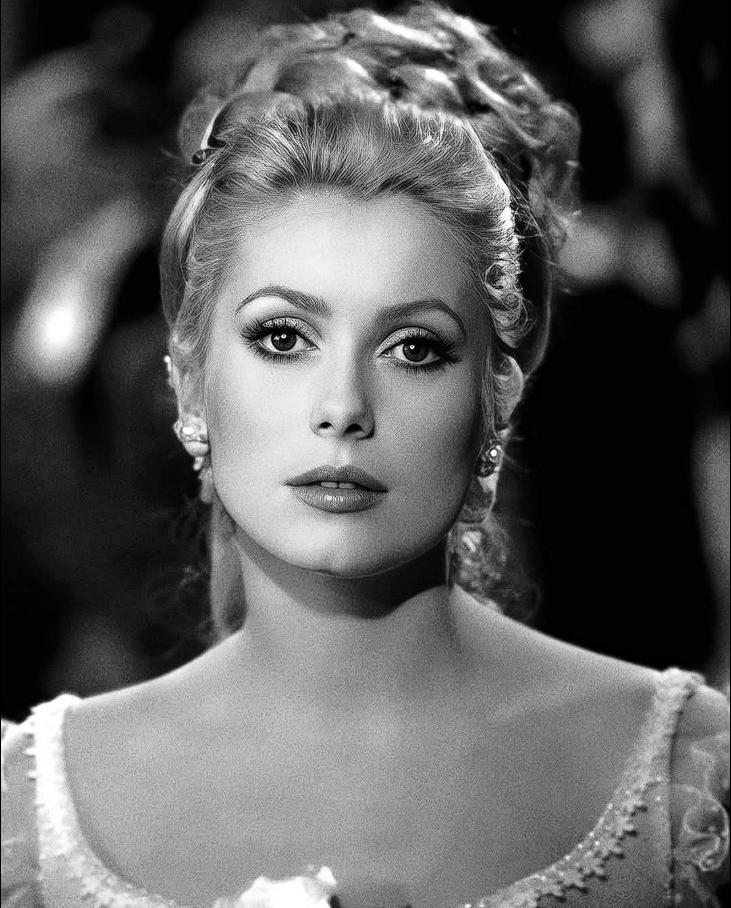
A Childhood Steeped in Art and Intuition
Born Catherine Fabienne Dorléac in Paris in 1943, she was raised in a family where the arts weren’t just admired—they were lived. Her parents were actors, and her sister, Françoise Dorléac, would briefly shine as a star before her tragic death. Yet Catherine’s ascent wasn’t accelerated by legacy. She didn’t explode onto the screen in a blaze of fame. Instead, she built her image deliberately—role by role, frame by frame.
She seemed to understand, even from the start, that mystery could be her greatest asset. While other actresses gave everything, Deneuve held something back. That reserve became her power.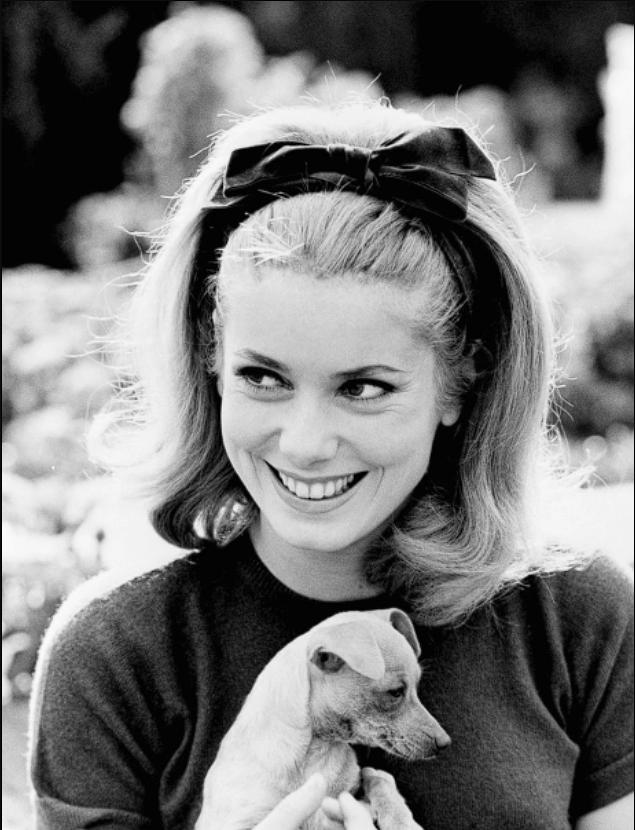
The Art of the Unspoken
After her breakout in The Umbrellas of Cherbourg, Deneuve moved quickly into more psychologically complex roles. Roman Polanski’s Repulsion (1965) showed her not as a wide-eyed ingenue, but as a woman unraveling, silent and terrifying in her descent into madness. In Luis Buñuel’s Belle de Jour (1967), she played a bourgeois housewife leading a double life as a daytime prostitute. It was a performance that sealed her legend.
She didn’t overact. She didn’t explain. Instead, she let silence do the speaking. Her eyes, her posture, the way she moved—these became her language.
Directors adored her for it. They trusted that she could carry a scene without uttering a word. She became a master of minimalism, turning restraint into revelation.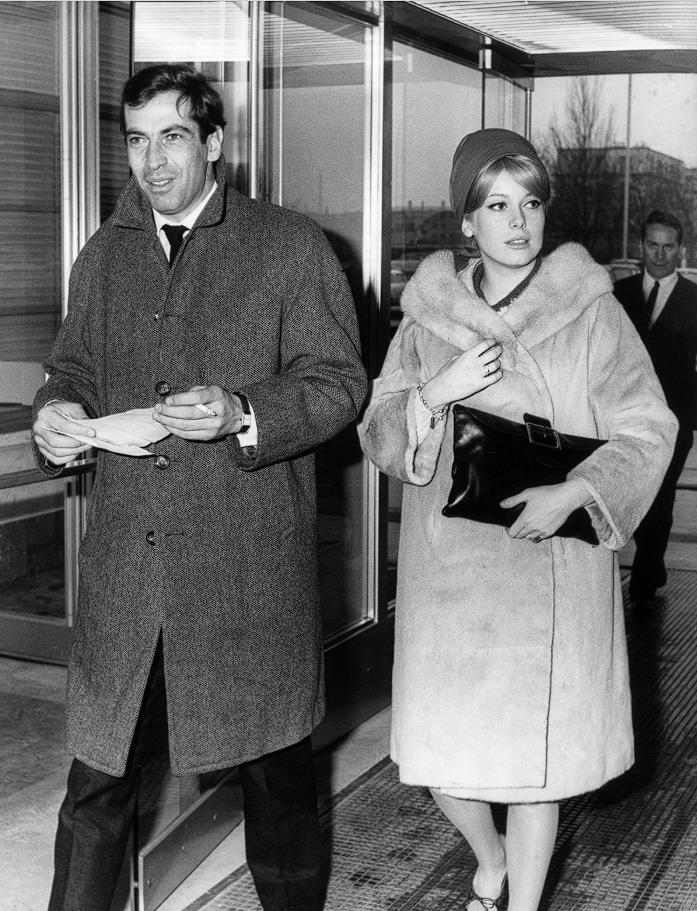
The Face of French Cinema
By the 1970s, Catherine Deneuve wasn’t just a star—she was the face of French cinema. Her beauty, often described as glacial or porcelain, became iconic. But it was never just about appearance. Underneath the surface was a woman in control—of her roles, her image, her legacy.
She earned critical acclaim in films like The Last Metro (1980), which won her a César Award, and Indochine (1992), for which she received an Academy Award nomination. These roles showcased her range—not only as a muse or symbol but as a deeply emotional and intelligent performer.
She played characters shaped by history, trauma, and desire, always walking the fine line between vulnerability and strength.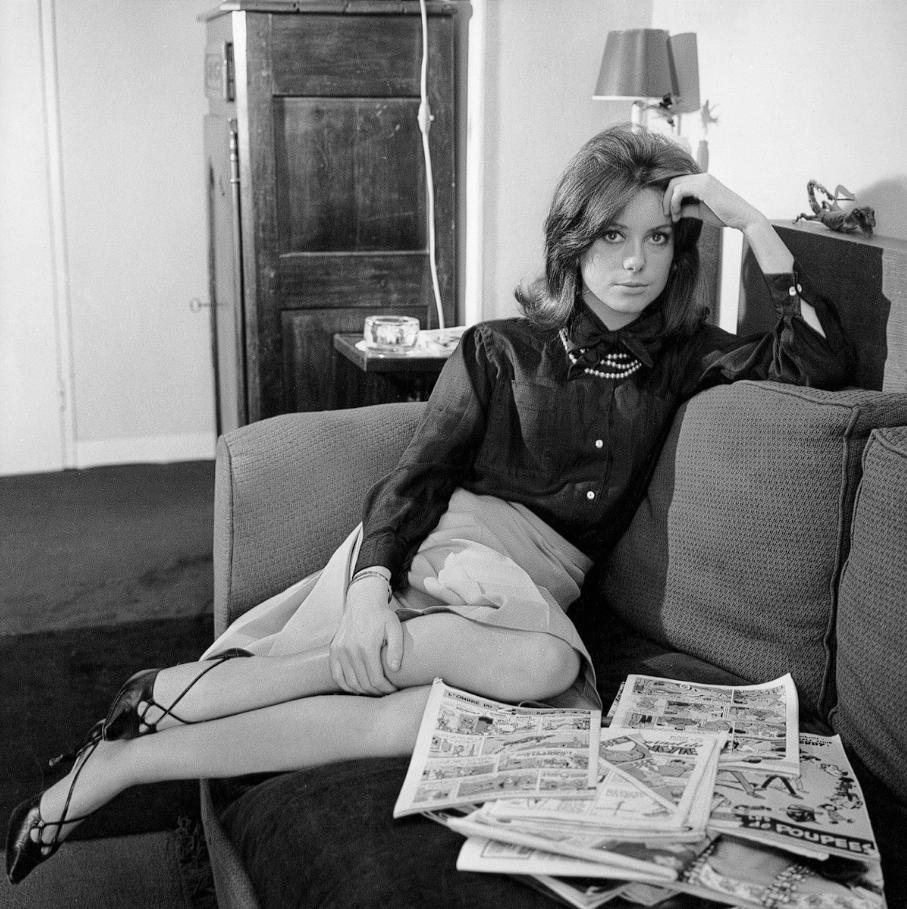
Muse, Icon, Enigma
Offscreen, Deneuve wielded just as much influence. Her partnership with Yves Saint Laurent was more than fashionable—it was defining. He once said she was his ultimate muse, and the feeling was mutual. She wore his designs in films, on red carpets, and in everyday life, merging cinema with couture in a way that made both seem effortless.
But even in fashion, she maintained her mystery. She never overshared. She never explained herself to the press. In a media age hungry for confession and oversaturation, Deneuve remained a rare holdout: private, composed, intriguing.
Her political voice was just as complex. She sparked controversy for defending artistic freedom in the face of cancel culture, yet also supported feminist causes throughout her life. She never fit neatly into a box—and never tried to.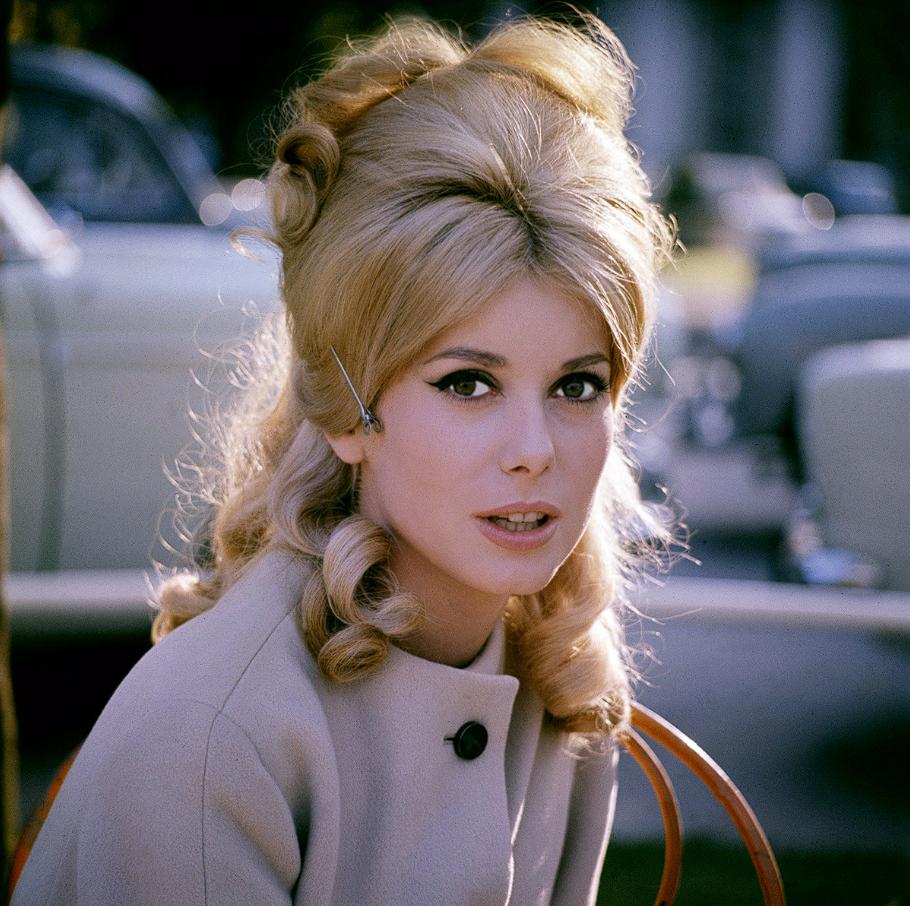
Aging with Fire, Not Fear
Perhaps what’s most remarkable about Catherine Deneuve is how she’s aged in the public eye—without apology, without erasure. She didn’t cling to youth or fade quietly into the background. She kept working, kept choosing interesting roles, kept being herself.
In recent years, films like The Truth (2019) and Peaceful (2021) have shown her not as a faded icon, but as a woman still wielding presence, still challenging audiences, still beautiful—but never frozen in time.
She reminds us that grace doesn’t mean passivity, that elegance doesn’t mean invisibility. And that aging, for women especially, doesn’t have to be a disappearance—it can be a different kind of arrival.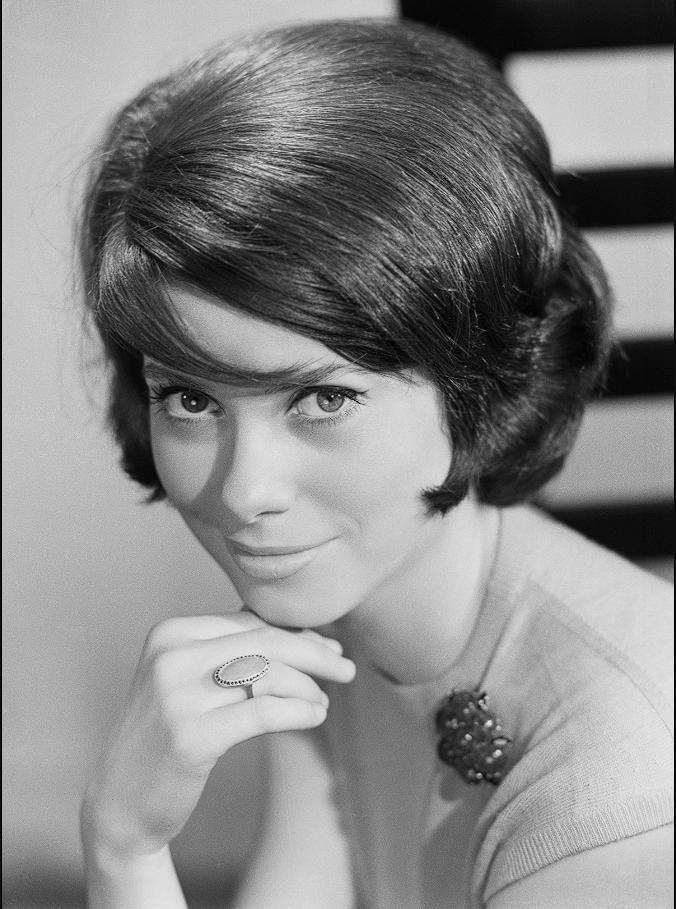
A Legacy in Stillness
Catherine Deneuve never needed to shout. Her performances were rarely loud, never desperate to be liked. But they stayed with you. There was always something unspoken, some flicker of thought just beneath the surface, that made you want to lean closer.
She made audiences feel like voyeurs—welcomed, but never fully admitted. She kept something for herself. And in doing so, she redefined what it meant to be powerful onscreen.
Her legacy is more than a filmography. It’s a lesson in restraint, in timing, in knowing when to speak and when to let silence expand. Deneuve taught us that sometimes, presence has nothing to do with volume. Sometimes, it’s the quietest voice that resonates the longest.
